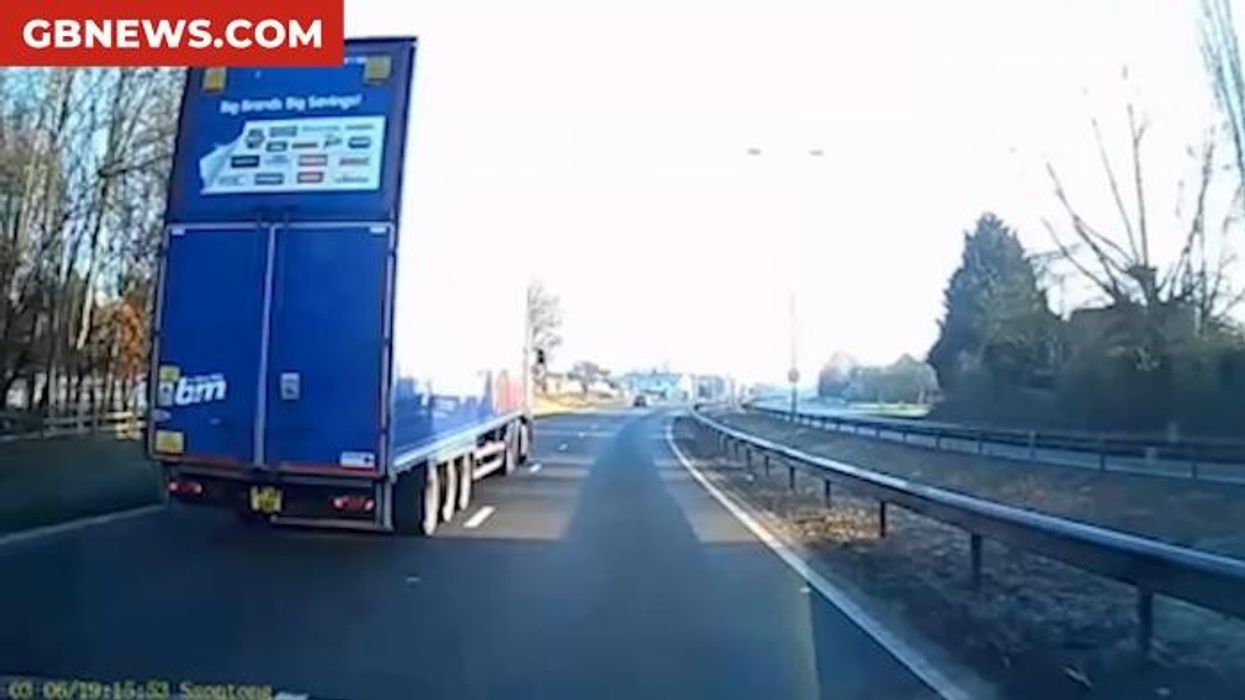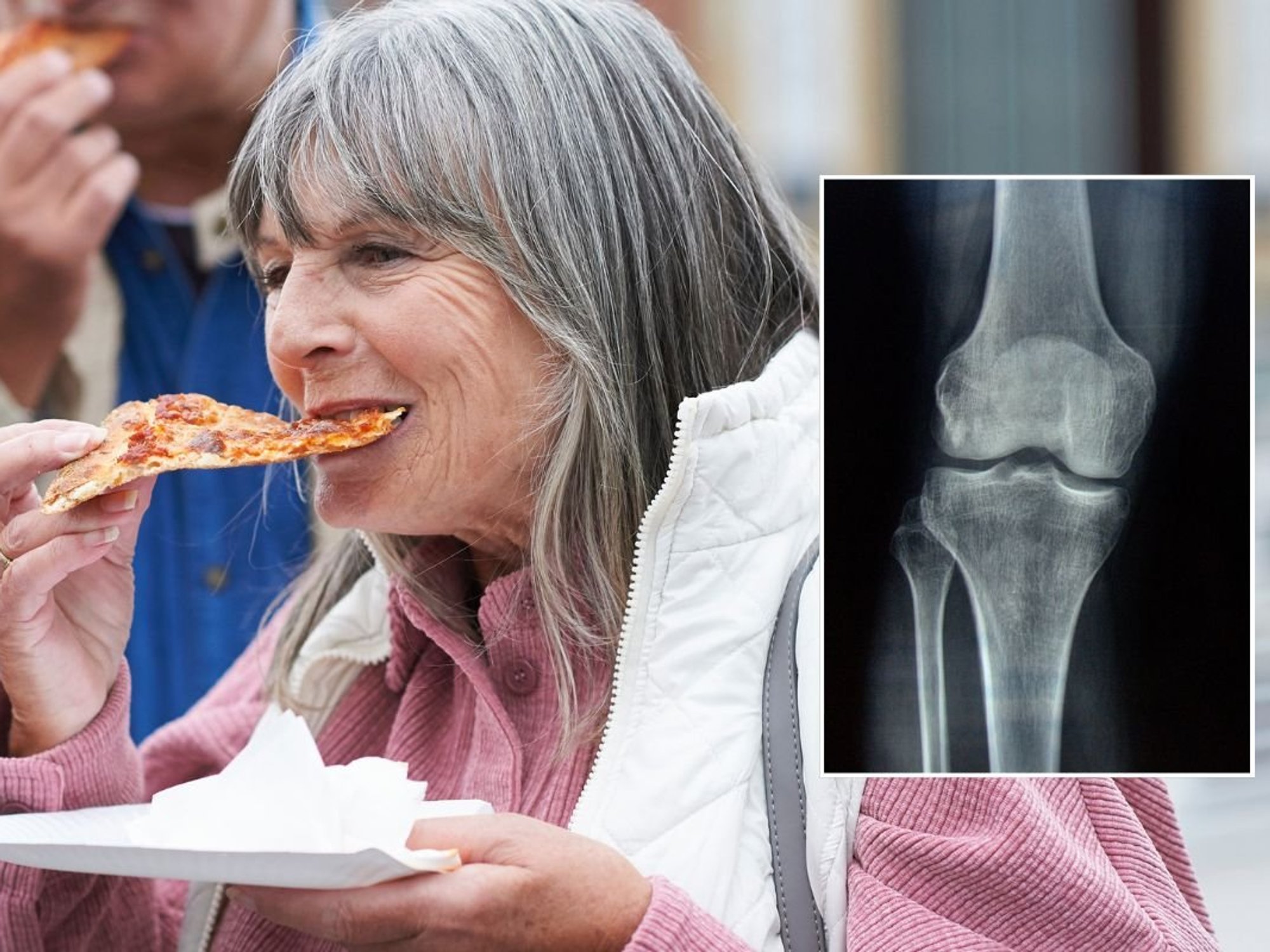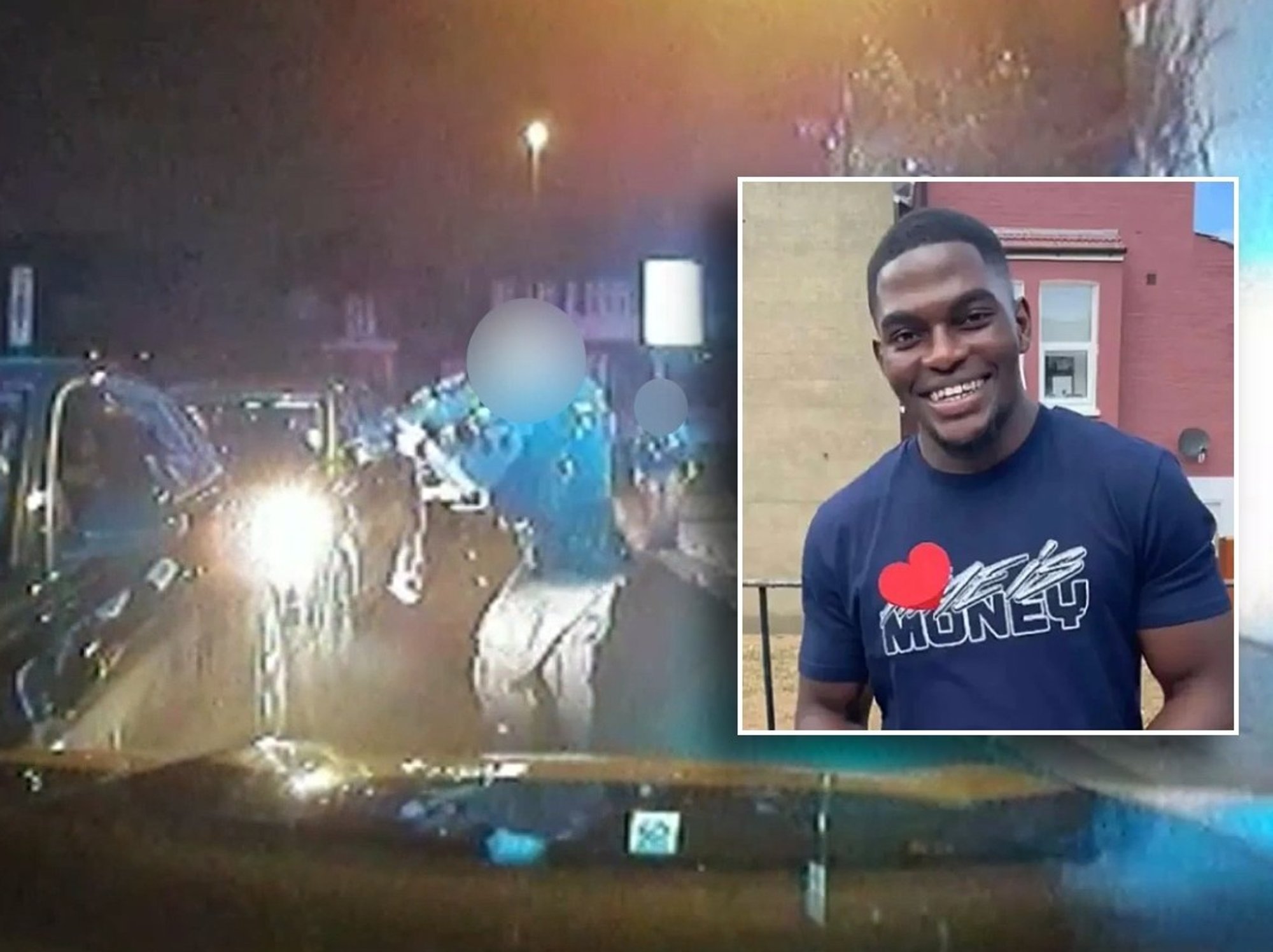Millions of Britons risk fines and prison for unknowingly breaking driving laws every day - 'No excuse'

Police forces are undertaking Operation Spotlight across the month of July
Don't Miss
Most Read
Motorists up and down the country could be breaking the law unknowingly every day if they attended an event and consumed alcohol the night before, research has warned.
New data has revealed that more than a third of Britons may have been driving over the legal limit in the morning after drinking.
Trends were identified in when people stop drinking to ensure they are fit to drive the morning after, with 38 per cent stopping drinking at 9pm to drive before 9am.
Concerningly, one in five (21 per cent) of people surveyed claimed they had their last drink after 10pm.
Do you have a story you'd like to share? Get in touch by emailing motoring@gbnews.uk
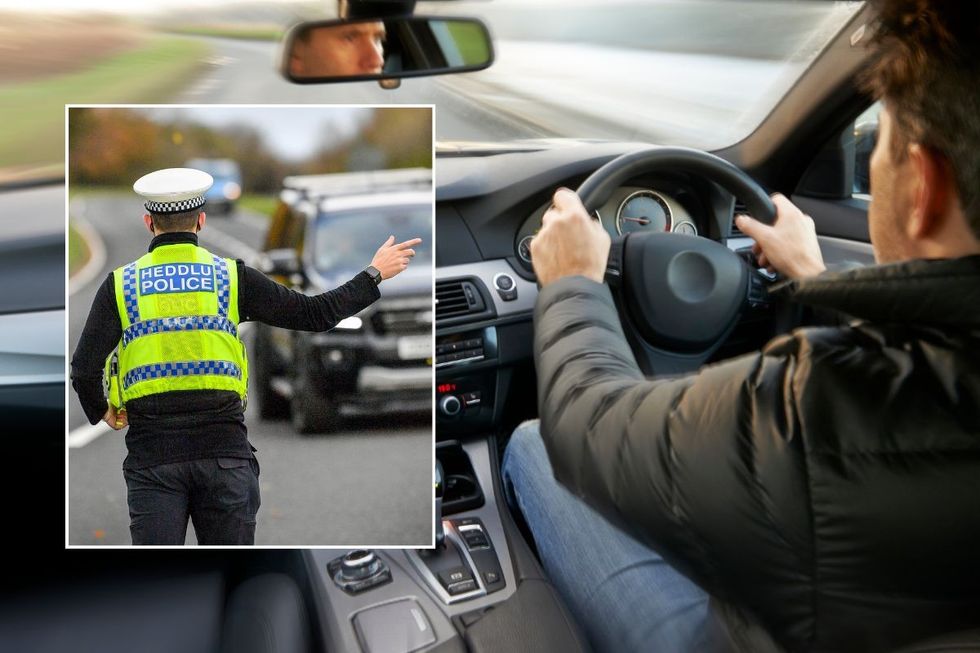
Millions of drivers could be at risk of breaking drink-driving laws
|GETTY
Drink Aware states that alcohol is removed from the body at a rate of one unit per hour, although this does depend on human factors like weight, liver health and metabolism.
Based on data from Alcohol Change UK, drinking three large glasses of wine, or three pints of beer or cider, is the equivalent of nine units.
If someone stops drinking at 10pm, the alcohol could still be in their body at 7am or later, depending on their health.
In a shocking revelation, the data found that 31 per cent of drivers have been in the company of someone who has consumed alcohol before driving in the last 12 months.
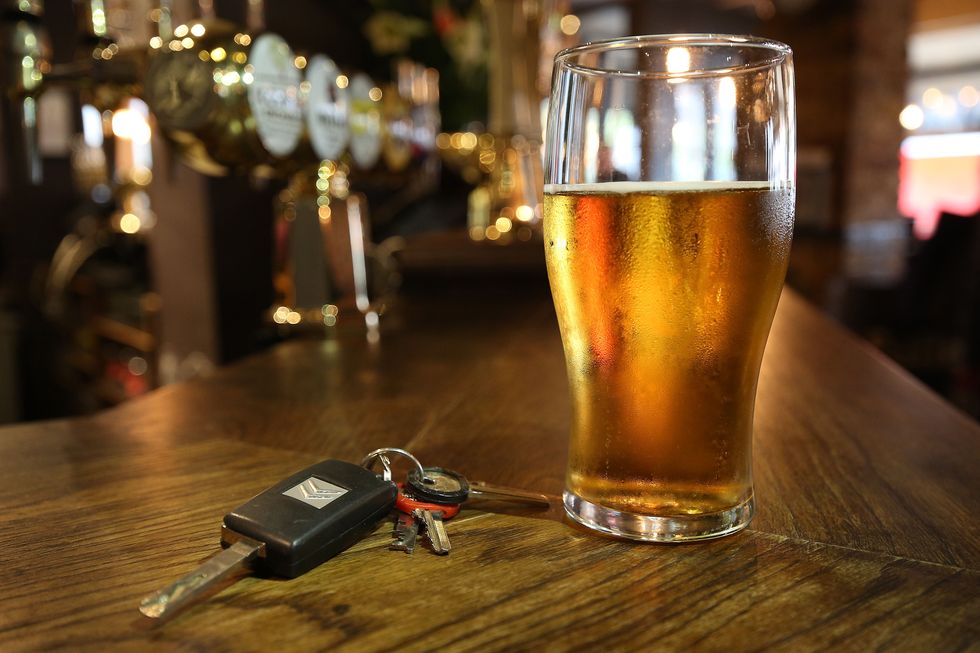 The current alcohol limit is 50mg of alcohol per 100ml of blood in Scotland | PA
The current alcohol limit is 50mg of alcohol per 100ml of blood in Scotland | PANicholas Lyes, director of policy and standards at IAM RoadSmart, highlighted that drink-driving is a "killer" and millions of motorists could unwittingly be under the influence.
He said that these road users could be travelling illegally if they had been drinking the night before, raising the risk of an accident for all.
The expert said: "Even if they are just inside the legal limit, the level of alcohol in their system will impair their reaction times.
"Moreover, consuming alcohol impacts on sleep quality, so at best they will be driving tired, with a groggy head and have slower reaction times, at worst they will be breaking the law or be involved in a serious collision."
LATEST DEVELOPMENTS:
- British motorists to see long-awaited sign changes on major A-roads and motorways in 'milestone' move
- Labour to block Chinese car brands from £650m electric vehicle grant as Beijing issues stern warning
- Motorhome owner clashes with council over parking issue as overnight ban causes havoc - 'Ludicrous'
The research, conducted by IAM RoadSmart, found a high level of support for rehabilitation schemes for people who break drink-driving laws.
More than eight in 10 said courses should be mandatory for any motorist who has been convicted of a drink-drive-related offence to highlight the seriousness of the crime.
IAM RoadSmart states that drivers should follow "none for the road", meaning that drivers who attend social gatherings and need to drive the following morning should exercise caution.
Chief Constable Jo Shiner KPM, Roads Policing Lead for England and Wales, noted that July was the worst month for collisions resulting in people being killed or injured when drink or drugs are a factor, describing it as "unacceptable".
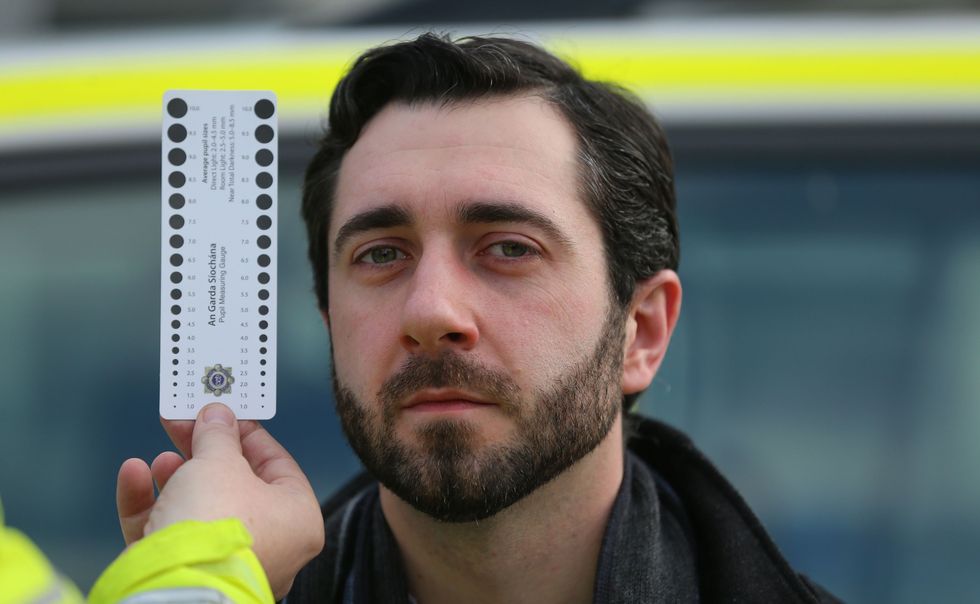 Drivers face serious consequences when drink and drug driving | PA
Drivers face serious consequences when drink and drug driving | PAShe added: "There is simply no excuse for getting behind the wheel when you are impaired through drink or drugs and this includes the morning after. If you choose to do so you are putting your life and the lives of others at risk."
Operation Spotlight will be operating across the country in July, with police forces prosecuting drink-drivers, which could lead to fines and prison time.
Sheena Hague, Director of Road Safety at National Highways, said: "The statistics are concerning and act as a timely reminder to consider the implications of a previous evening’s alcohol consumption before driving the following morning.
"Everyone using the road network has the right to complete their journey in safety and without it being jeopardised by others. Getting behind the wheel with alcohol in your system impairs your driving ability and puts lives at risk."


